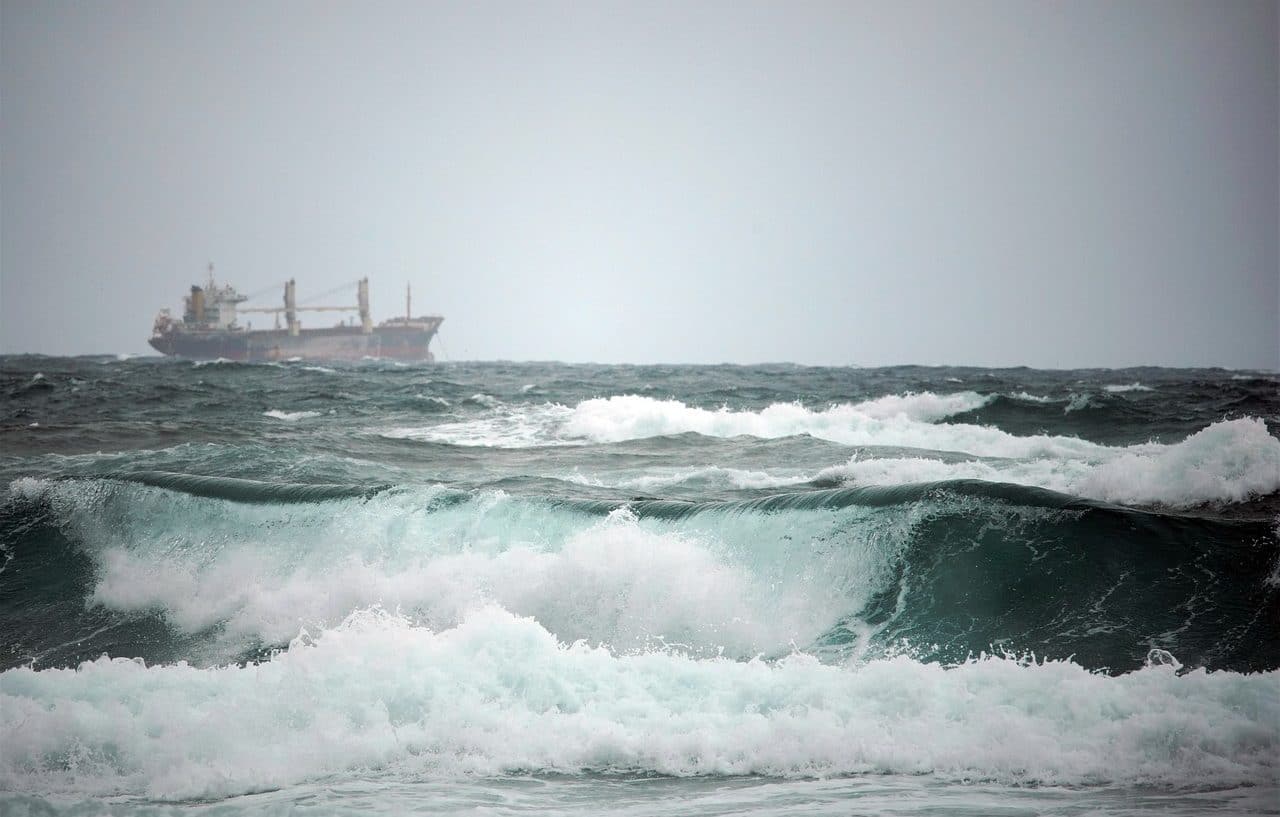
A wave is a wave developed on the surface of water.
A wave is a wave that is created on the water surface , usually in the ocean . Waves are produced as a result of the wind , which exerts a force on the liquid. This phenomenon takes place in any body of water, be it a lagoon, a river or another, although it is more noticeable in the sea because the space available for the wave to form is larger.
The term has an uncertain etymological origin. However, most experts in the field maintain that it comes from French, from the word houle which means "ripples of the sea" . This word, in turn, is not known with certainty if it comes from the Greek holoos (which is synonymous with "disastrous" ) or from the Arabic haul (which can be translated as "agitation of the sea" ).
Formation of a wave
Contrary to what one might think, waves do not always form a few meters from the coast. On many occasions, the waves begin to develop several kilometers away from the beach until they break on the sand.
The water depth, the area subjected to the wind and its speed are some of the factors that affect the greater or lesser size of each wave. When the waves are big, they can be used for surfing , a very popular water sport.

Surfers look for the biggest waves.
The best beaches for surfing
Surfing enthusiasts try to enjoy the sea and their favorite passion by managing to "catch" the biggest wave. In this sense, the most risky and daring surfers opt for certain places in the world where it is easier for them to achieve that goal, thanks to the height of the sea waves:
- Nazaré . North of the Portuguese city of Lisbon is this small fishing town that has had waves up to 30 meters high.
- Maui Island . Hawaii is where this territory is located, which has also reached the aforementioned height.
- Pipeline . One of the favorite spots for surf lovers, also located in Hawaii . In this case, we can say that in the 1960s waves up to 50 meters high were found.
- Mavericks . This Californian beach is, likewise, one of the most visited by those who practice this water sport. And it is common for waves to reach a minimum of 2 meters and a maximum of 15 meters.
It is important to highlight, however, that there are waves whose formation mechanism is different. When a tsunami occurs due to an earthquake that occurs at the bottom of the ocean, immense waves are usually produced that have nothing to do with the action of the wind.
Other meanings of the term wave
The idea of a wave, on the other hand, can refer to a weather phenomenon that modifies the conditions of a place ( "The heat wave does not stop in the city" ).
It can also allude to the simultaneous movement of many people ( "A wave of people invaded the squares" ) and to the prevailing trend ( "The country will host a wave of pop music concerts" ).
